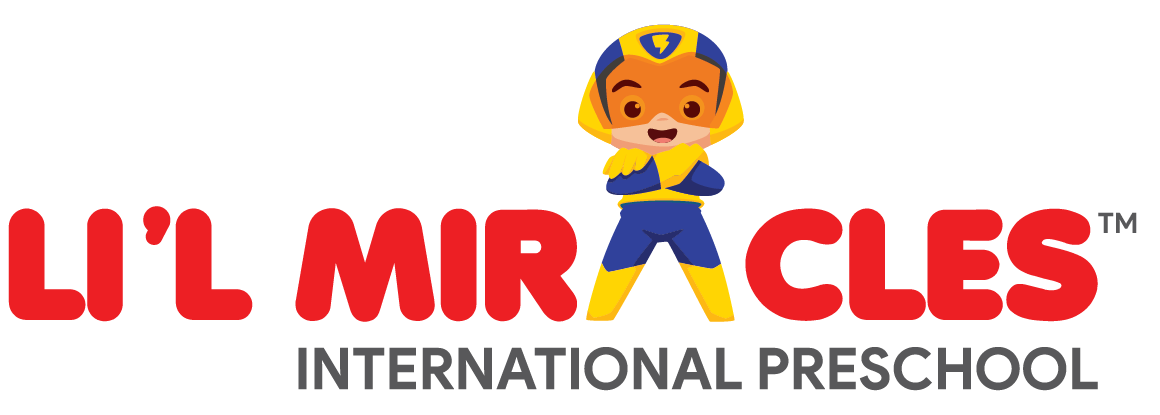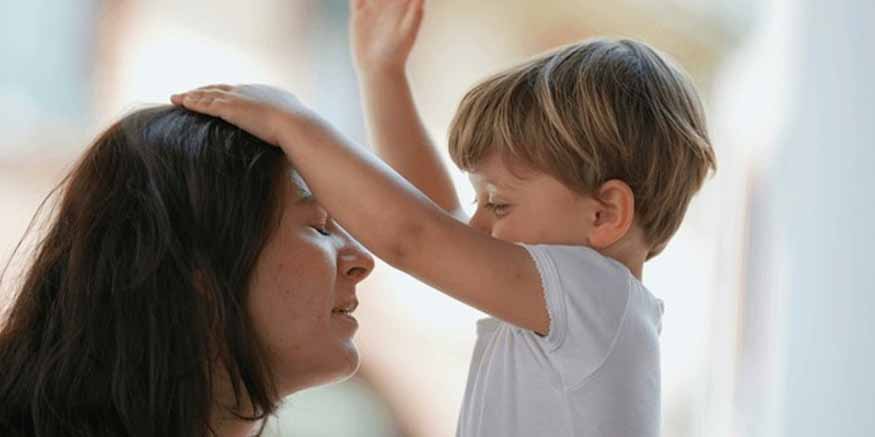As parents, it can be distressing to see your toddler or preschooler hitting others. While it’s a common behaviour during early childhood, it’s important to understand why it happens and how you can guide your child to healthier ways of expressing themselves.
Why Do Toddlers Hit?
At this age, children are still learning how to manage their emotions and communicate effectively. Several reasons could lead to hitting:
- Lack of Emotional Regulation:
- Limited Language Skills:
- Desire for Control or Attention:
- Mimicking Behaviour:
- Exploring Boundaries:
Toddlers are still learning to control big feelings like anger, frustration, or excitement. Hitting might be their way of releasing overwhelming emotions because they haven’t yet developed self-regulation skills.
When toddlers are unable to express their needs or frustrations verbally, they might resort to physical actions. This is often their way of communicating without words.
Sometimes, toddlers hit to assert control over a situation or to get attention. Even if the attention they get is negative, it’s still a response they may seek.
Children often imitate what they see. If they observe aggressive behavior in adults, siblings, or even on television, they might imitate it without understanding its consequences.
At this age, toddlers are constantly testing limits. They may hit to see how others react or to explore what happens when they break a rule.
How Can Parents Help Kids Overcome This Habit?
Stay Calm and Set Clear Boundaries When your toddler hits, it’s crucial to remain calm. Raising your voice or getting upset can escalate the situation. Instead, firmly but gently let your child know that hitting is not acceptable: “We don’t hit people. It hurts.” Clear boundaries help your child understand what is and isn’t allowed.
Teach Emotional Expression Help your child label their emotions. Use simple phrases like, “I see you’re upset” or “It seems like you’re frustrated.” Teaching them to identify their feelings can reduce the likelihood of them resorting to hitting. Gradually, encourage them to use words like “mad,” “sad,” or “tired” instead of acting out physically.
Model Appropriate Behaviour Children are observant, and they learn by example. Show them how to handle conflicts peacefully. For example, instead of yelling when you’re frustrated, demonstrate how to take deep breaths or walk away from the situation. The more your child sees peaceful conflict resolution, the more likely they are to adopt those behaviours.
Redirect Their Energy Sometimes toddlers hit because they have excess energy and don’t know how to channel it. Provide them with alternatives to physical aggression, such as squeezing a soft toy, stomping their feet, or using their words. If they seem overwhelmed or restless, a physical activity like running, dancing, or playing outside can help release built-up energy in a positive way.
Give Positive Reinforcement Acknowledge and praise your child when they handle a difficult situation without hitting. Positive reinforcement encourages them to continue using appropriate behavior. Phrases like, “I love how you asked for help when you were upset” or “You did a great job telling your friend how you felt” can motivate them to keep up the good work.
Provide Consistent Consequences Consistency is key when addressing hitting. If your child hits, make sure there is an immediate and consistent consequence. For example, they might need to take a break from playtime or apologize to the person they hurt. Be sure to explain why the consequence is happening in simple terms they can understand.
Help Them Practice Empathy Developing empathy is an ongoing process for toddlers and preschoolers. After an incident, talk to your child about how hitting affects others: “How do you think your friend felt when you hit them?” This will help them connect their actions to the emotions of others, building a sense of empathy.
Stay Patient and Persistent It’s important to remember that learning to stop hitting is a gradual process. Young children will need plenty of reminders, guidance, and practice. Be patient with them as they learn new ways to cope with their feelings.
Conclusion
Hitting in toddlers and preschoolers is a common phase in development as they learn emotional regulation, language skills, and social boundaries. With your support, they can move beyond this behaviour and adopt healthier ways to express their emotions. By teaching them empathy, setting clear limits, and providing consistent guidance, you can help your child navigate their feelings in a positive and productive way. Remember, it’s all part of their growth!
Riitu Sharma,
Co – Founder
Li’l Miracles International Preschool




